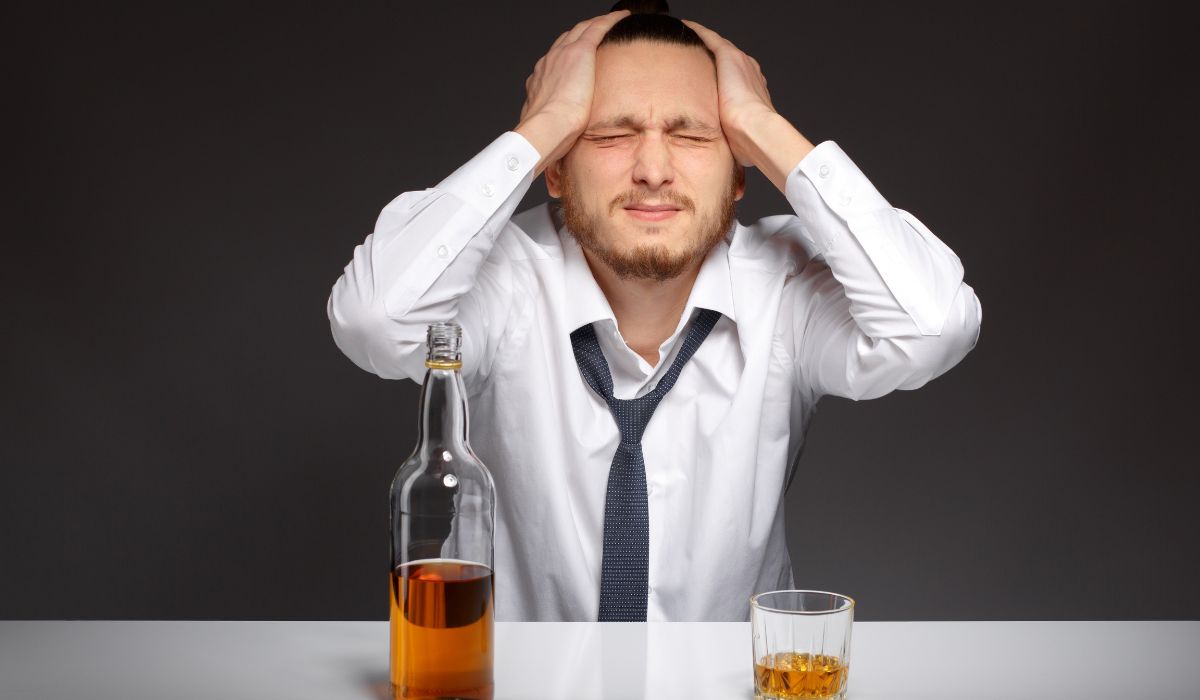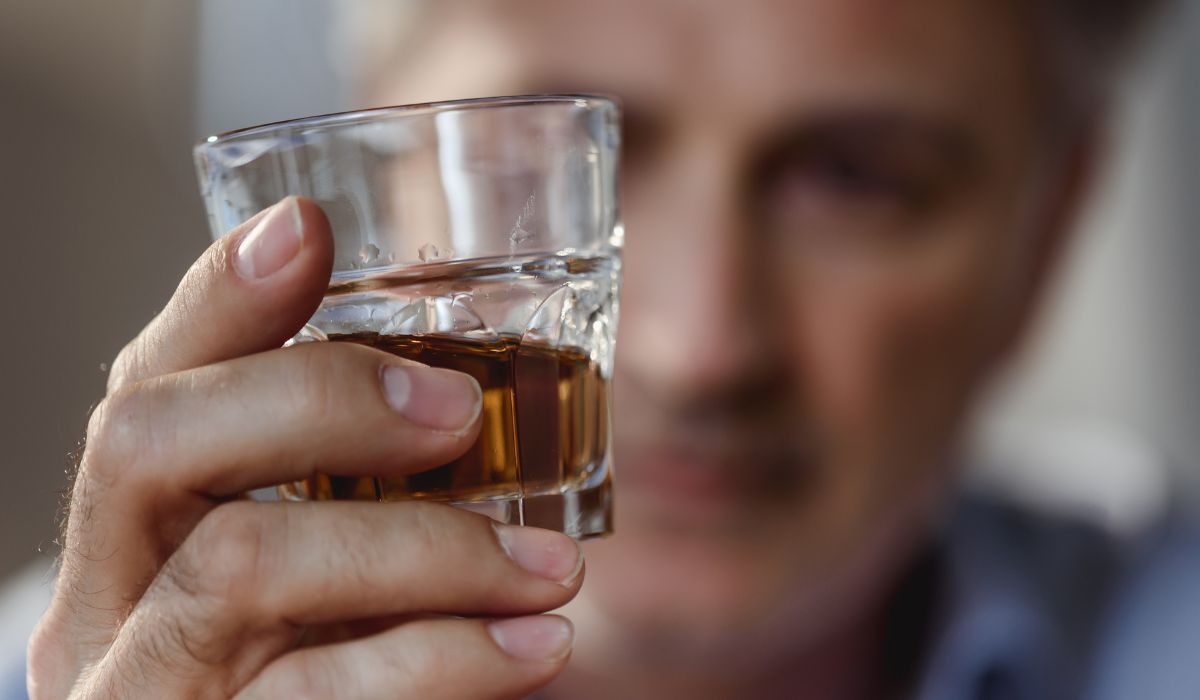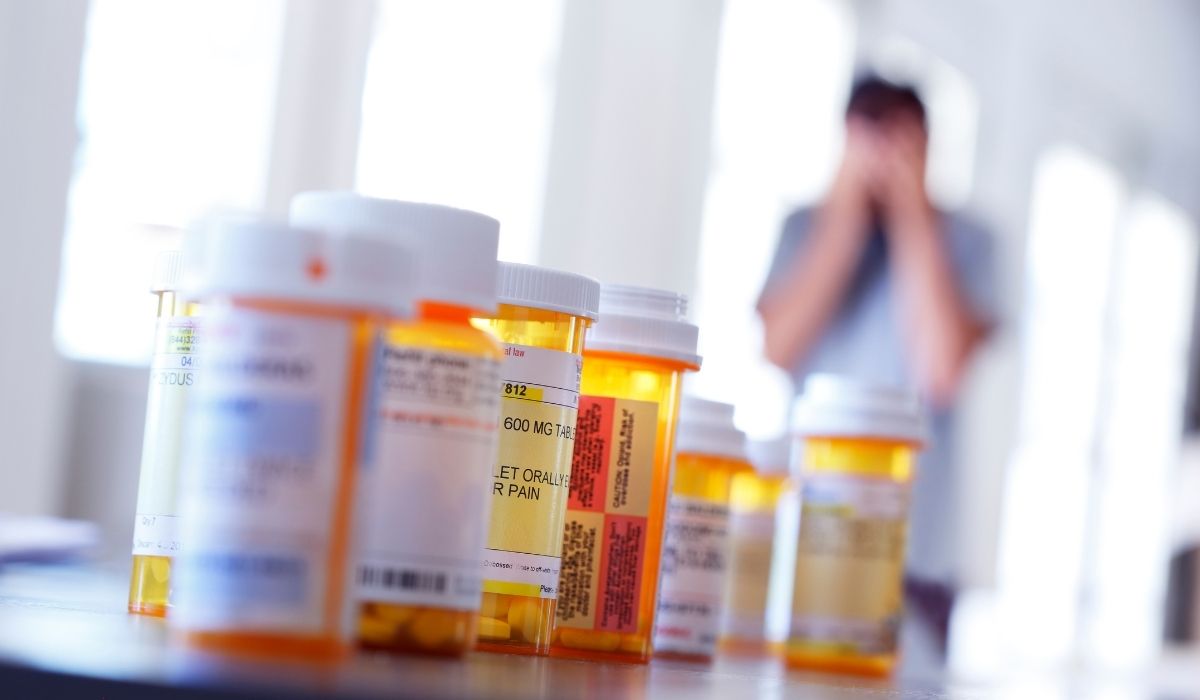Understanding Alcohol Addiction
Alcohol is one of the most common alcoholic beverages in the world. People drink wine, beer, or liquor in many cultures. Some drink for fun, others for relaxation. But for many, alcohol use turns into addiction and substance dependence.
Alcohol addiction is a disease that affects the brain, body, and mental health. It is not about weakness. It is about how alcohol changes the nervous system, dopamine, and reward system.
The American Psychiatric Association (APA) and the Diagnostic and Statistical Manual of Mental Disorders (DSM-5) describe alcohol addiction as alcohol use disorder.

Why People Drink Alcohol
Culture and Advertising
Many people first try alcohol because of peer pressure, culture, or advertising. TV ads make drinking look fun. Friends may encourage drinking at parties. A standard drink may not seem dangerous, but over time, it can become risky.
Pleasure and Relaxation
Alcohol changes the neurotransmitter GABA, which slows down the central nervous system. This makes people feel calm, relaxed, or happy. It also boosts dopamine, the brain’s “pleasure chemical.”
How Addiction Begins
Binge Drinking and Risk
Many young people start with binge drinking. This means drinking a lot in a short time. High blood alcohol content (BAC) can cause alcohol intoxication, blackouts, hangovers, or injury.
Stress and Coping
Some people use alcohol to handle stress, anxiety, panic disorder, or depression. But this “coping” can lead to relapse, dependence, or dual diagnosis (addiction plus a mental health disorder).
Genetic Predisposition
Research by the National Institutes of Health (NIH) shows that genes play a role. If a parent had alcohol problems, their child has a higher chance. This is called a genetic predisposition.

Mental Health and Alcohol
Anxiety and Mood Disorders
Alcohol is linked with anxiety disorder, mood disorder, bipolar disorder, and major depressive disorder. People may drink to feel better, but over time alcohol makes mood and anxiety worse.
Trauma and Abuse
Sexual abuse, neglect, or trauma increase the risk of addiction. Some drink to numb painful memories. But alcohol only delays healing.
Dual Diagnosis
Many people with substance abuse also face psychiatry conditions like schizophrenia, dementia, or personality disorder. Doctors call this dual diagnosis. Treatment must address both.
How Alcohol Affects the Body
The Brain and Cognition
Alcohol slows attention, memory, and cognition. Long-term use can cause dementia, nystagmus (eye movement problems), and delirium.
The Liver and Health Risks
The liver works hard to break down alcohol. Drinking too much can cause hepatitis, cirrhosis, or liver disease. Other risks include diabetes, cardiovascular disease, atrial fibrillation, and bone damage.
Blood Sugar and Metabolism
Alcohol changes blood sugar levels and metabolism. This can cause nausea, hangover, and fatigue.
Signs of Alcohol Dependence
-
Needing more alcohol (alcohol tolerance)
-
Feeling sick when not drinking (withdrawal, delirium tremens)
-
Drinking even when it causes injury, coma, or health problems
-
Losing control over how much you drink
-
Problems with family, work, or school
Why Quitting is Hard
Physical Dependence
Alcohol changes the brain and central nervous system. The body craves alcohol. Stopping suddenly can be dangerous, leading to delirium tremens, seizures, or death.
Relapse and Reinforcement
Drinking brings short-term pleasure, but the reinforcement loop makes relapse common. A person may want sobriety but still slip back.
Impulsivity and Personality
Some people with high impulsivity or certain personality disorders may be more likely to struggle with alcohol.
Treatment for Alcohol Addiction
Therapy and Mental Health Care
Therapy with a mental health professional helps patients understand triggers. Psychology and psychiatry offer tools to cope with stress, mood changes, and relapse risk.
Drug Detoxification and Medication
In rehab, doctors may use drug detoxification to safely remove alcohol from the body. Medicines like naltrexone, benzodiazepine, or other medication may help reduce cravings and withdrawal.
Support and Rehab Programs
Rehab centers guide patients to sobriety with therapy, education, and medical care. Programs also teach coping skills for stress, anxiety, and everyday life.
Dual Diagnosis Treatment
If someone has addiction plus a mental health disorder, treatment may include therapy, medication, and support for both conditions.
Long-Term Sobriety and Recovery
Support Systems
Staying sober often requires support from family, therapy groups, or health programs.
Healthy Habits
Exercise, good sleep, and balanced nutrition help the body, metabolism, and brain heal.
Relapse Prevention
Patients learn to avoid triggers, advertising, and risky social events. Therapy builds coping skills to manage stress.
The Role of Data and Research
Systematic reviews, data, and studies from the National Institutes of Health and other research centers continue to explore alcohol addiction. Findings help improve treatment, medication, and prevention programs.
The Real-Life Impact
Alcohol addiction can affect:
-
Parents and family relationships
-
Work, culture, and community
-
Physical health (liver, bone, cardiovascular disease)
-
Mental health (depression, anxiety, schizophrenia, bipolar disorder)
-
Life expectancy (higher risk of coma, injury, or death)

Final Thoughts
So, why do people become addicted to alcohol? The answer is complex. Addiction can be linked to genes, culture, mental health, stress, and the way alcohol changes the brain. But with therapy, rehab, and support, recovery is possible.
If you or someone you love struggles with alcohol, reaching out to a mental health professional can be the first step toward healing, coping, and sobriety.



